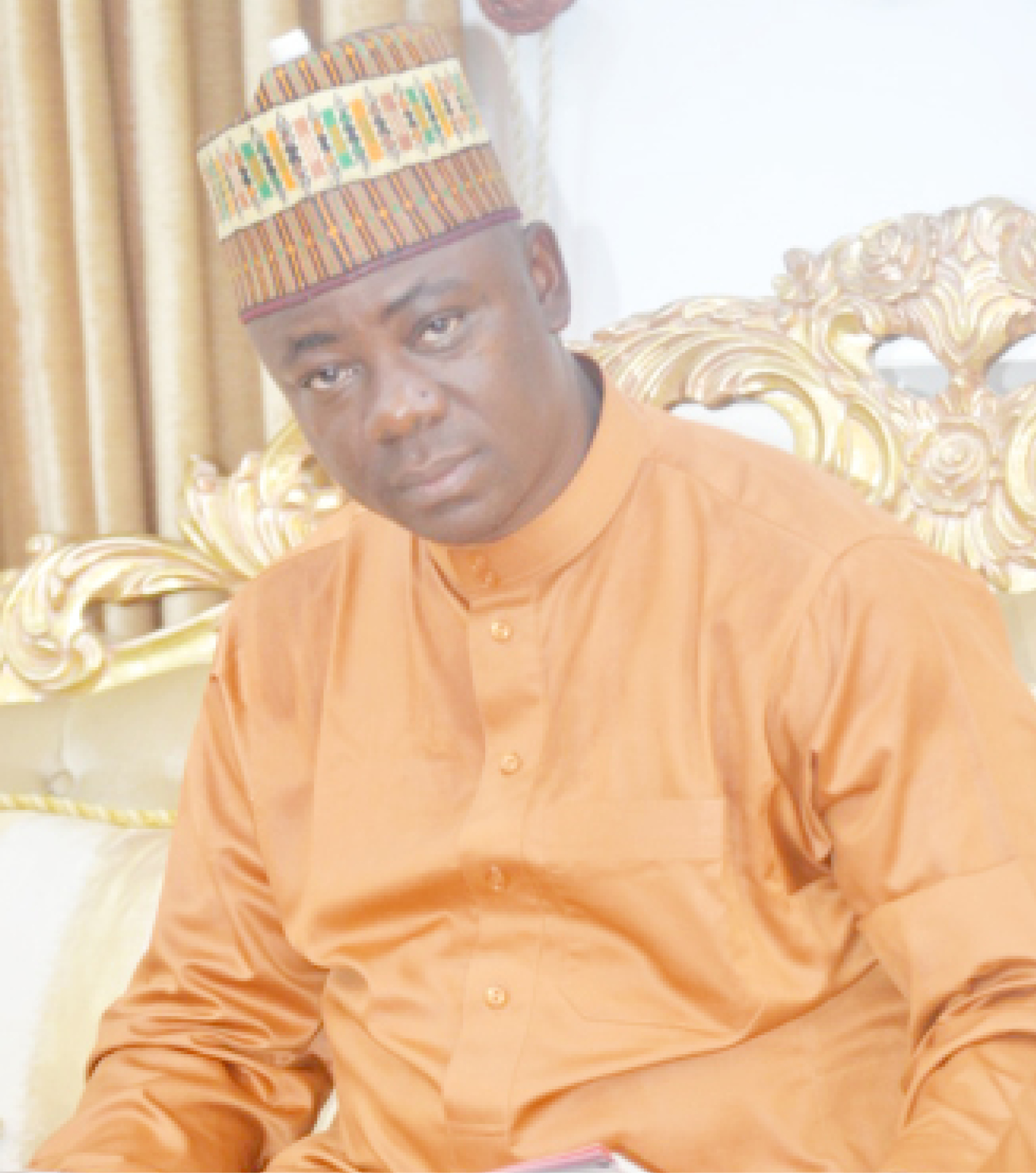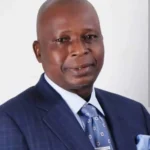Evans Ejiogu, a producer/director, works with Arewa24. The multiple television content creator, film director, writer, video editor and businessman, trained in MET film school London before coming back to Nigeria to practice. In this interview, Ejiogu, who is producer of the famous TV drama series ‘Kwana Casa’in’ showing on Arewa24, talks about challenges, prospects and many more.
How long have you been in the filmmaking business?
I have been in the industry for more than 13 years. I have been creating corporate content for international organizations. I have gained working experience from theatre arts, television drama, as well as short films. I have also done things like documentaries, TV commercials, radio jingles and online content provision. Presently, I am the director news programming, development and commercial project at Arewa24, an entertainment channel with an audience of over 35 million Hausa speakers in over 11 countries in Africa.
- Pilot turns to tailoring in Kano, seeks help to save flying license
- Hyacinth Dada Obunseh: Tribute of one Obunseh, three footpaths
I am responsible for overseeing the production of new TV commercials, weekly shows, and drama series including the famous “Kwana Casa’in” and other independent productions just to deliver top-notch content that meets editorial guidelines.
What is your actual role in the series ‘Kwana casa’in?
Though I direct the series ‘Kwana Casa’in’, I am the executive producer of the TV series; I have been the executive producer of the TV series since its season one in 2018.
What motivated the idea of Kwana casa’in?
The series wasn’t my sole idea; it was an editorial decision taken by the management of Arewa24, including me. Kwana casa’in was in the pipeline before I joined Arewa24. The management thought it wise to look at a different dimension to what the station’s series Dadin Kowa is giving to the audience. We are looking at exploring corruption in a way that will inform, entertain, as well as resonate with viewers in northern Nigeria. We are not just tackling corruption in different settings of the society, but if you tackle corruption without the entertainment value that drama brings, it will be boring.
Does it mean the main theme of the series is tackling corruption?
Yes, it started with corruption in education, health, and most importantly in the power sector. You will agree with me that every Nigerian will want to have 24-hours power supply. There is so much to talk about that is affecting the country but you cannot tackle everything at the same time. So, we have to streamline it in that way. Like presently, we are talking about the environment and the corruption we are dealing with.
What is the secret behind linking up Season 1 to 6 without losing the theme?
There is a whole lot of activities leading to series production which we handle during pre-production, production and post-production, so when we conceptualized Kwana Casa’in, we looked at it in a way that in 3 or 4 seasons, as a whole, the overriding storyline, the storyline, the message and character development would be interwoven with one season to the other. Moreover, the credit goes to our writers because we have a team of writers who are very much trying to keep the tempo going.
What are the bases of selecting your cast?
You see, series do not flow with non-series celebrities; series are embedded with messages, so in order for a creator of a series to actually impact a message across viewers, there are certain things you have to do. When we started, the first thing I did was make things open to all and sundry. In our season one, close to 1000 people came for auditions, and it took us a week to audition everybody. Through the auditioning, we discovered people like the character Hajiya Rabi, Rayya, Sahabi, Salma and others. All of them went through an audition and perhaps that is why we have the good result we are having now.
Why the choice of Jigawa as the main location for Kwana Casa’in?
For every season of kwana casa’in, we have an average of 60 locations per season and these locations range from houses, villages, bushes to hills, roads, markets and all that. Before we go into production, we go to these locations to be sure that they will match with what we have on our script. So, we started from Kano but due to the population as well as not having control of the crowd, considering the movements of people, noise, traffic and so many things, we opted for Dutse because Dutse is not congested, not noisy and with good locations, but we also shoot in Kano and other places.
Can you tell us how much Kwana Casa’in has consumed so far?
I cannot tell you the actual amount. However, it will interest you to note that Kwana Casa’in is not as financially expensive as it was thought to be. Yes, it looks rich and big, but when you apply the principle of pre-production, when you don’t want to compromise, you can do it inexpensively.
What are the challenges faced so far?
People are independent, and behave differently. Part of our challenges is human management; how we are able to manage individuals, and communicate the concept to them. When season one came, many people didn’t believe in what I was trying to do, but after the production, so many were calling me and they were happy too. Secondly, funding is another challenge because you cannot have all the funding you need. And for every season, we have no less than 1500 people to work with. We have 32 crew members, including directors, consultants among others. We also have the challenge of weather because we shoot during different kinds of weather.
How would you assess the performance of Kwana Casa’in?
As a content creator, if you see your work being appreciated, it gives you joy and facts don’t lie. When you go on social media, the followers we have on our Instagram, Facebook platforms are so impressive and this shows that the work is being appreciated. Whenever I get introduced as the producer of Kwana Casa’in, people are amazed. So, it’s worth it, we are communicating with everyone as we highlight socio-economic issues affecting the general public.

 Join Daily Trust WhatsApp Community For Quick Access To News and Happenings Around You.
Join Daily Trust WhatsApp Community For Quick Access To News and Happenings Around You.


